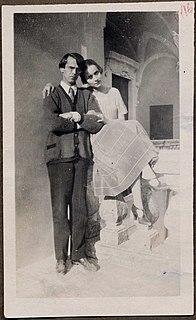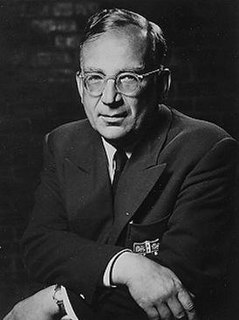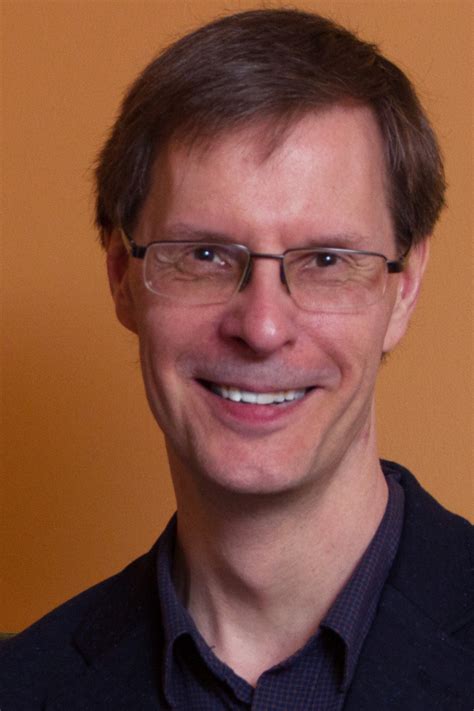A Quote by Christopher Lasch
Knowledge is what we get when an observer, preferably a scientifically trained observer, provides us with a copy of reality that we can all recognize.
Related Quotes
A curiously interested observer sees a great deal, a scientifically interested observer is worthy of all honor, and anxiously interested observer sees what others do not see, but a crazy observer sees perhaps the most, his observation is more intense and more persistent, just as the senses of certain animals are sharper than those of man.
The creativity that comes from silence, from a quiet heart, feels different from that of ambition to both the creator and the observer. When the artist or the worker is out of the way, both the creator and the observer experience the art as simply a gift, an expression of the impersonal intelligence shared by all. The creator has no need to take credit for it, the observer no need to possess it.
Quantum theory thus reveals a basic oneness of the universe. It shows that we cannot decompose the world into independently existing smallest units. As we penetrate into matter, nature does not show us any isolated "building blocks," but rather appears as a complicated web of relations between the various parts of the whole. These relations always include the observer in an essential way. The human observer constitute the final link in the chain of observational processes, and the properties of any atomic object can be understood only in terms of the object's interaction with the observer.
I get the 'Guardian' delivered every day and read it very quickly. I like it for both the TV and theatre reviews and because it's very accessible. At the weekend, I get the 'Observer' because I love the food supplement, Observer Food Monthly, and the style section. And I can't resist the News of the World.
Bistromathics itself is simply a revolutionary new way of understanding the behavior of numbers. Just as Einstein observed that space was not an absolute but depended on the observer's movement in space, and that time was not an absolute, but depended on the observer's movement in time, so it is now realized that numbers are not absolute, but depend on the observer's movement in restaurants.
Over the past 20 years, I have noticed that the most flexible, dynamic, inquisitive minds among my students have been industrial design majors. Industrial designers are bracingly free of ideology and cant. The industrial designer is trained to be a clear-eyed observer of the commercial world - which, like it or not, is modern reality.







































